Plants sustain nearly all life on Earth: protecting plants is thus protecting life itself. 2020 has been designated the International Year of Plant Health, and as part of this, Sibbaldia the International Journal of Botanic Garden Horticulture, RBGE’s peer-reviewed journal about the horticulture and related activities of botanic gardens and other heritage and conservation gardens and landscapes, has published its first-ever Special Issue.
Number 18 is out now. All papers are connected with the subject of plant health and management of pests including pathogens. Climate change, the biodiversity crisis and a rise in the impacts of pests on landscape and livelihoods are interconnected. This volume is an opportunity to share research activity and solutions to these issues, and it is just one of the many communications that RBGE will be involved in throughout the International Year of Plant Health. The Scottish Government and Scotland’s Centre of Expertise for Plant Health, of which RBGE is a member, are working together to raise awareness of the importance of plant health and biosecurity. More details are available on their websites: https://www.sasa.gov.uk/iyph and https://www.planthealthcentre.scot/

Sibbaldia is for horticulturists, managers and students in these fields to share current practice and experiences. Horticulturists have always contributed to the study of plant pests and come up with a range of creative solutions to tackle them. Today, occurrences of problems which are causing fundamental change in our gardens and landscapes are noticeably more frequent and dramatic. Here is a taster of the subjects covered in this Plant Health Special:
In the Guest Essay, Janis Antonovics and Katherine Hayden provide a refreshing overarching perspective on pathogens as part of biodiversity. Many may think of them as an ‘evil’ because they get in the way of our plans and productivity. We may resist welcoming them with good reason, but they too have their role in the evolution of life on earth.
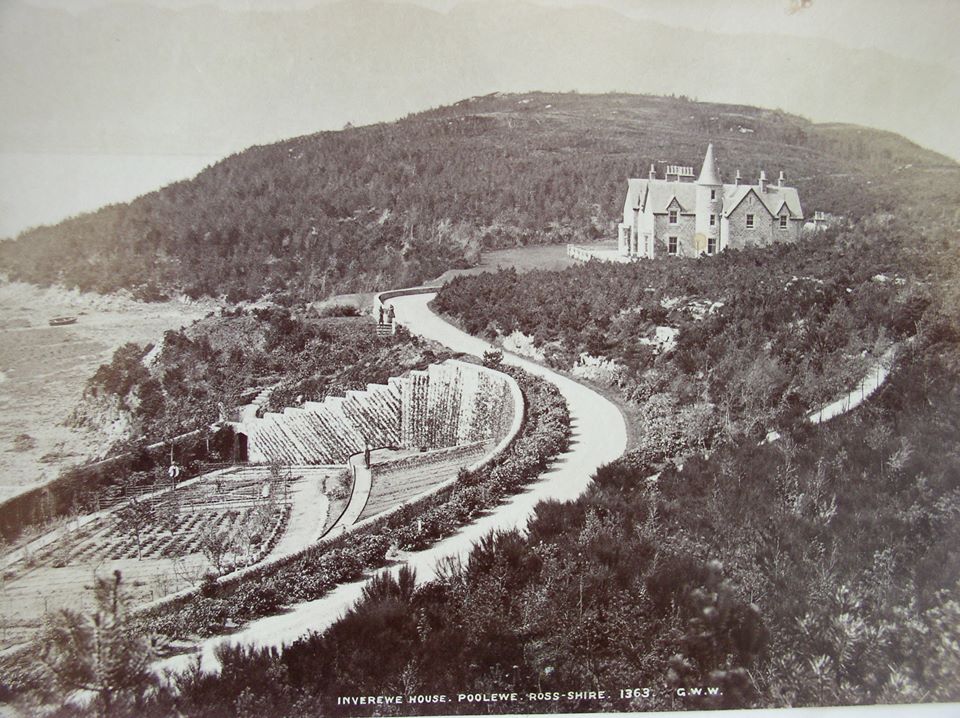
The Garden Profile of Inverewe and the Student Project from the RHS provide a perspective on the impact that increases in infestations have on the heritage and landscape of the UK. Kevin Frediani, in his profile of Inverewe in the north-west of Scotland, is sanguine about the challenges that three significant pathogens have effected in the garden. His attitude is that new disease challenges are inevitable and garden managers will do well to acknowledge, work to reduce and manage the effects.
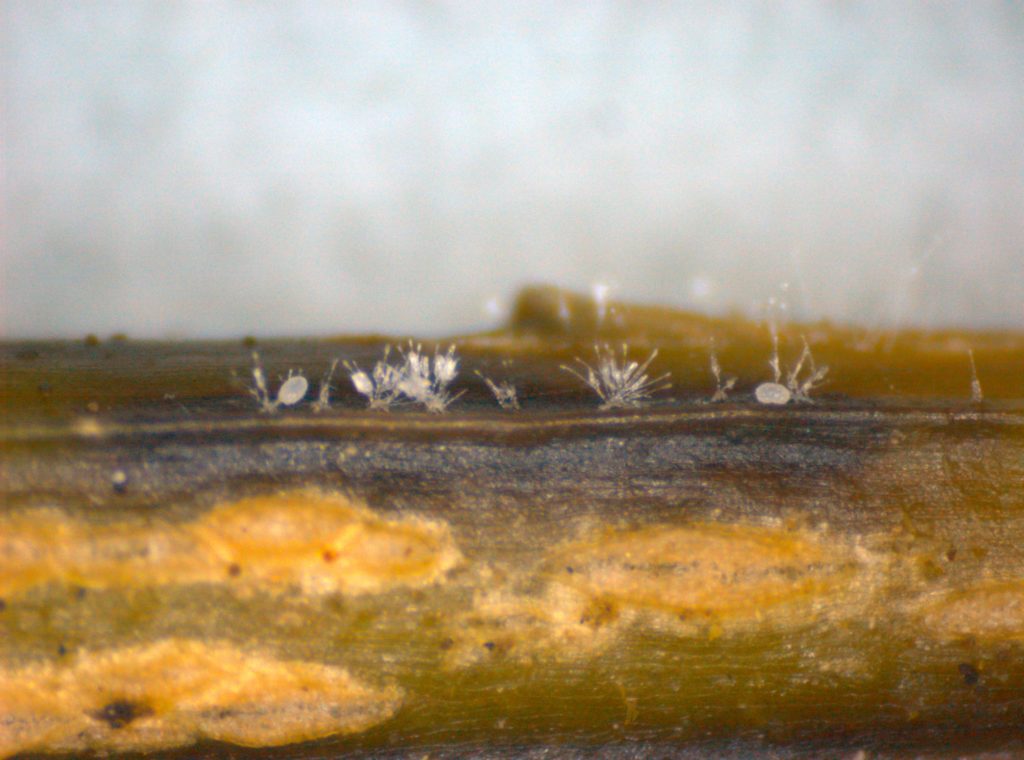
Sharp et al., all students and staff at the RHS at the time of writing, describe their research into box blight emergence and its re-emergence, which has devastated heritage hedges and parterres in many gardens, and the contributions they have been able to make to reinstate the displays.
The volume contains three pieces on the study and management of Phytophthora, a genus of potentially devastating and ever-diversifying oomycetes. Green et al. present research on the hidden diversity of Phytophthora species in heritage gardens in the UK, while reviews from Summerell and Liew in Australia and Frankel et al. from the USA outline the impact that the spread of these oomycetes in horticulture has had on conservation of threatened species in collections and the measures being taken in response.
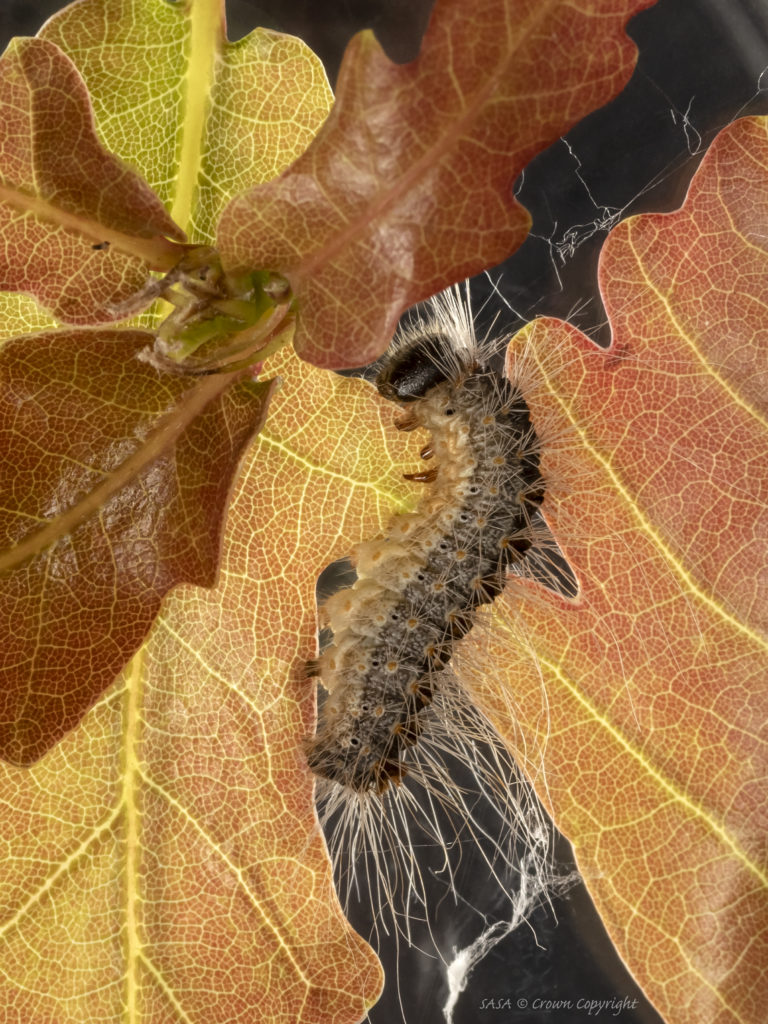
Other articles discuss the use of biological controls in botanic gardens, the International Plant Sentinel Network, RBGE Plant Health Policy and its implementation, and the contribution that the Scottish Government is making to public and professional engagement to mitigate against infestations which could devastate the Scottish economy and natural environment.
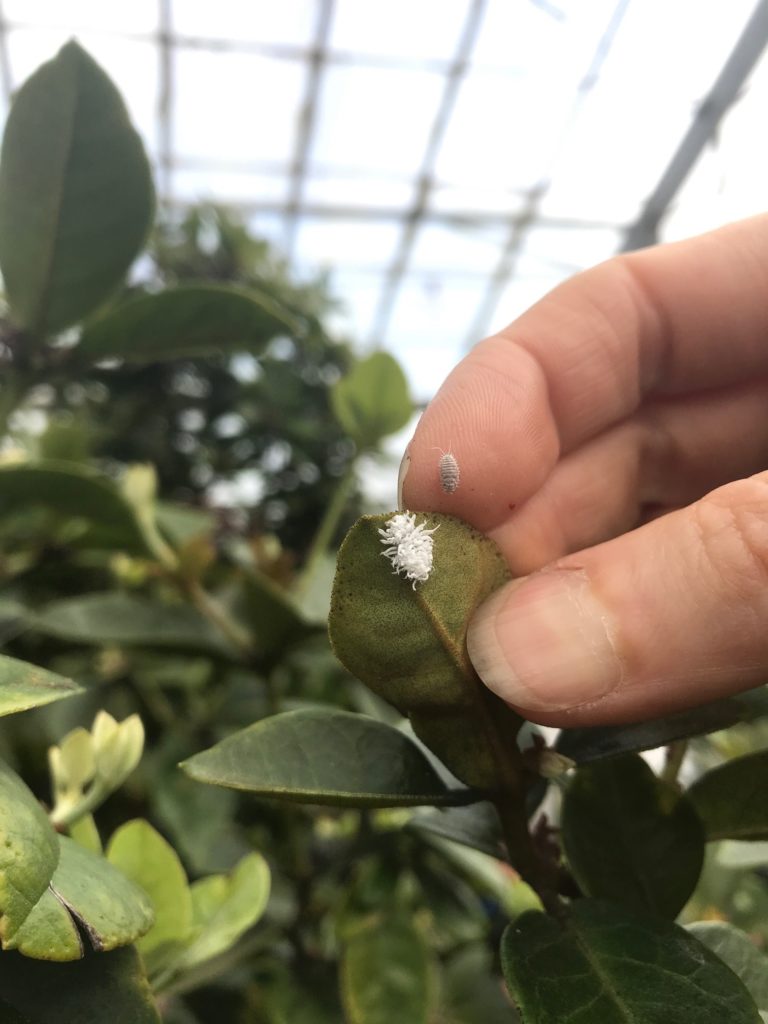
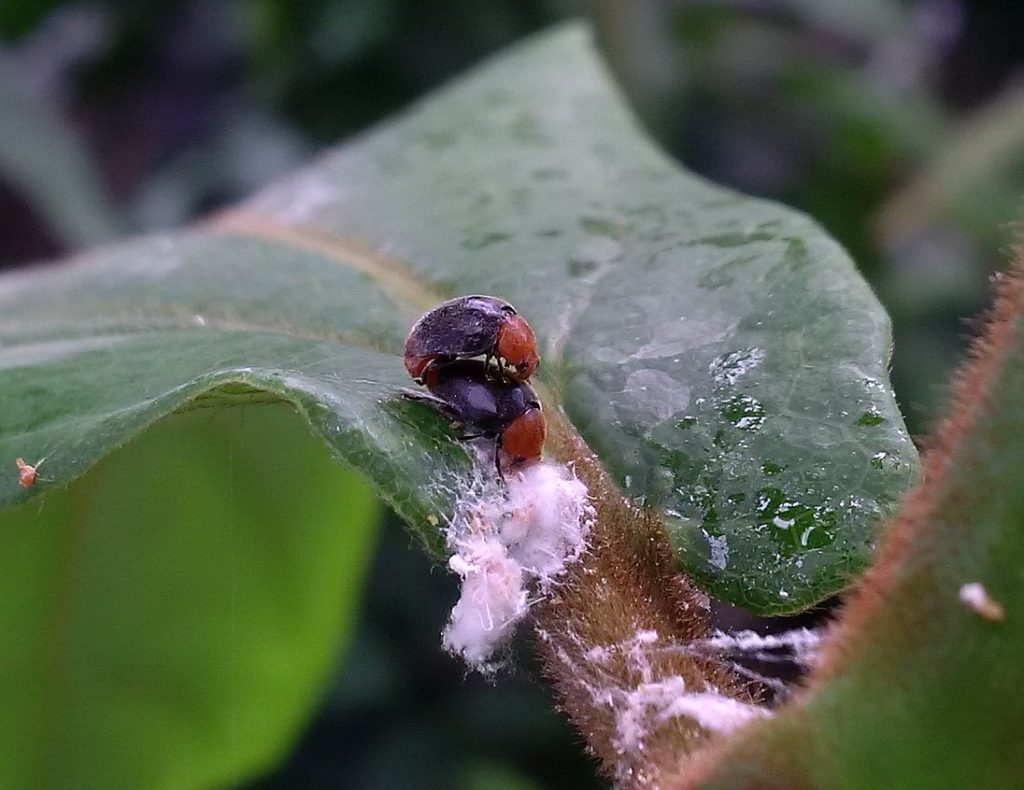
You can browse & download individual papers for free from the RBGE journals website, read a copy in the RBGE Library or buy a copy by emailing sibbaldia@rbge.org.uk or on the RBGE Shopify website.
